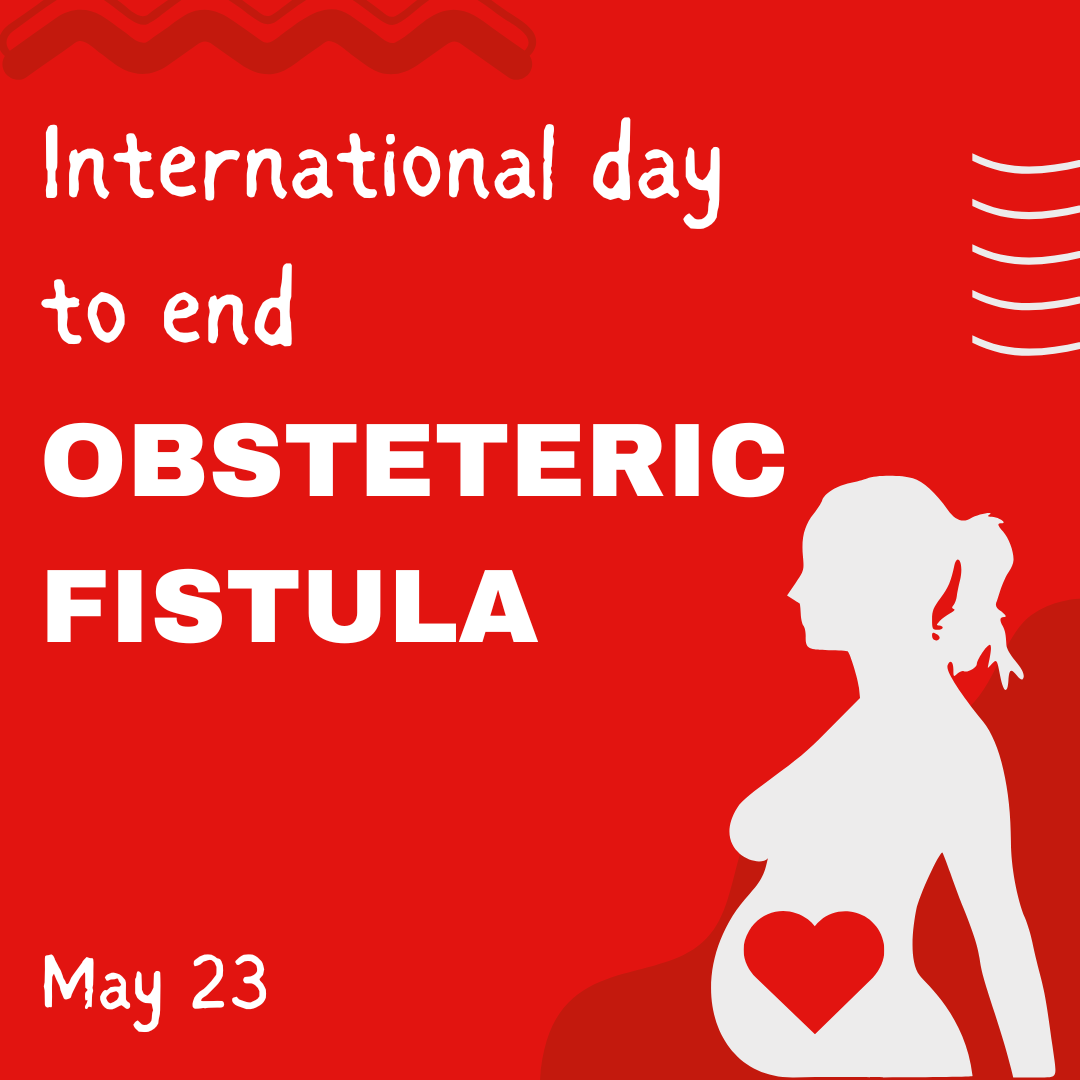May 23rd holds enduring significance for women who contend with the harrowing ordeal of an obstetric fistula, a severe medical condition resulting from prolonged, obstructed labor without adequate medical intervention. The International Day to End Obstetric Fistula highlights the resilience of its victims, highlighting the need for urgent global action against the disease.
Considered one of the most tragic childbirth injuries, obstetric fistulas create an abnormal opening between a woman’s genital tract and her urinary tract or rectum, causing uncontrollable leakage of urine or faeces. With sufficient damage to the physical health, the disease takes a toll on the psyche of the woman, resulting in depression and a myriad of socio-economic effects.
Between 50,000 and 100,000 women develop obstetric fistulas every year. Approximately 2 million women live with untreated fistulas globally, with multitudes of new cases reported in sub-Saharan Africa annually. Sociocultural factors such as poverty and traditional practices discouraging medical help exacerbate this problem. The number of Nigerian women living with obstetric fistulas ranges from 400,000 to 800,000, according to UNICEF.
Of a thousand women, 3.2 per cent are reported to suffer obstetric fistulas, with an estimated 13,000 new cases documented annually. At this rate, the backlog of cases that are left unattended to may take about 83 years to be cleared.
This rising burden of the condition may be attributed to unreliable data on prevalence and incidence, inaccurate maternal morbidity data, insufficient human resources in rural and impoverished regions to address the backlog, including inadequate funding. Early marriage and childbirth also pose a risk to young mothers with maturing body organs.
Way out?
A comprehensive approach to tackling obstetric fistulas will entail both prevention and treatment measures. Prevention efforts involve improving maternal health services to ensure access to skilled birth attendants and emergency obstetric care. Community education plays a vital role in raising awareness about the importance of maternal health and delaying early marriage and childbirth. Policy and advocacy efforts are essential for governments and NGOs to prioritize maternal health in their policies and allocate resources for comprehensive care.
Treatment options include surgical repair, which has proven successful in helping women regain continence and return to a normal life. Post-surgery support, including counselling, vocational training, and economic opportunities, is crucial for women to reintegrate into their communities.
Global initiatives such as the UNFPA Campaign to End Fistula also play an instrumental role in coordinating international efforts, providing funding, and supporting local health systems. These initiatives focus on prevention, treatment, and rehabilitation, with the aim of eradicating obstetric fistula within a generation.
Bangladesh and Niger are two countries that have made considerable progress in minimizing obstetric fistula cases through dedicated national programs that focus on increasing the availability of skilled birth attendants, enhancing community education, and providing free surgical repairs.
The International Day to End Obstetric Fistula serves as an essential reminder of the need to address this preventable condition. By improving access to maternal health services, educating communities, and supporting affected women, we can make significant strides towards ending obstetric fistulas in Nigeria.
The global community should still work together to ensure that no woman suffers needlessly from this condition. Ending obstetric fistulas is rather a social imperative for a healthier and more equitable society.
May 23rd marks the International Day to End Obstetric Fistula, a day dedicated to raising awareness about obstetric fistula, a severe childbirth injury caused by prolonged, obstructed labor without adequate medical intervention. Obstetric fistulas create abnormal openings between a woman's genital tract and urinary tract or rectum, leading to uncontrollable leakage of urine or feces, and significantly impacting both physical and mental health.
Approximately 50,000 to 100,000 women develop obstetric fistulas each year, with around 2 million women living with untreated cases globally, notably in sub-Saharan Africa due to socio-cultural factors like poverty and inadequate medical care. Efforts to tackle this condition include improving maternal health services, increasing access to skilled birth attendants, community education, policy advocacy, and providing surgical repair and post-surgery support.
Global initiatives, such as the UNFPA Campaign to End Fistula, play a crucial role in coordinating international efforts to prevent and treat this condition. Countries like Bangladesh and Niger have made significant progress through national programs focusing on skilled birth attendance and free surgical repairs. The collective global effort aims to eradicate obstetric fistula within a generation, emphasizing the importance of an equitable society where no woman suffers needlessly from this preventable condition.






